London boroughs will face a £400m funding shortfall in 2024-2025, according to a collective statement from local government in London, after MPs passed their funding through Parliament on Wednesday.
London Councils claim that despite the local government finance settlement 2024-25 providing a 5.5% real-terms increase in spending power, there is still a funding shortfall which is roughly equivalent to the collective spend on homelessness across all London boroughs in a year.
This comes at a time when one in five council leaders in England think it is very or fairly likely that they will need to join Birmingham and Nottingham councils and, in effect, declare themselves bankrupt by issuing a section 114 notice.
Jim McMahon, Labour MP for Oldham West and Royton, said: “The Government have failed on every test.
“Councils of all political stripes up and down the country, covering cities, towns and counties, are being forced to the edge of survival.”
Councillor Claire Holland, Deputy Chair of London Councils, said: “The increase in funding set out in the government’s finance settlement will not be enough to address the enormous funding gap we are grappling with.
“Massive pressures on local services, skyrocketing costs, and years of inadequate funding have left town hall finances teetering on a cliff edge.”
The Institute for Fiscal Studies found an estimated 17% gap between funding need and actual levels of local government funding in London.
David Phillips, an associate director at the IFS, who leads its work on devolved and local government finance, said that this figure represents an estimate of the relative level of funding in London compared to the rest of the country and contrasts that figure with the relative need for that funding.
This figure does come with the caveat that some of London’s boroughs, including Westminster and Wandsworth, set lower council tax rates for Band D properties than the average across the country.
However, even if that were to be adjusted, Phillips believed there would still be a 7-8% funding gap.
Phillips said that one possible explanation for this shortfall in London was because: “Some of the data used by the government to calculate the distribution of funding use figures from the 2001 census, or even the 1991 census.”
He stressed, though, that even with a better distribution of funding, costs are rising for local councils all around the country, and rising quicker than most would have anticipated.
This means that boroughs will either need to make cuts or find additional funding to ensure that they balance the books.
When faced with with a funding shortfall, cuts were deemed unpalatable by the Leaders of Hampshire and Kent County Councils in 2022.
Raising additional funds also comes with its own difficulties.
Almost 40% of the financial boost to spending power that London boroughs will receive this year relies on council tax increasing by the maximum permitted rate, 5%, according to London Councils, apart from in Croydon, where council tax can be raised by as much as 15% after special permission was granted by the government.
London Councils called any decision to raise council tax “an extremely difficult decision for boroughs while so many Londoners continue to struggle with the cost of living.”
Funding shortfalls could also be enhanced if any rumours of tax cuts in the government’s upcoming spring budget are accurate.
Lee Rowley MP, Minister of State for Housing, told the House of Commons: “We recognise that it is important to support local government in the face of increasing demands for services, rising inflation, and costs that are the legacy of the war in Ukraine and instability in the middle east.
“That is exactly what we are seeking to do.”
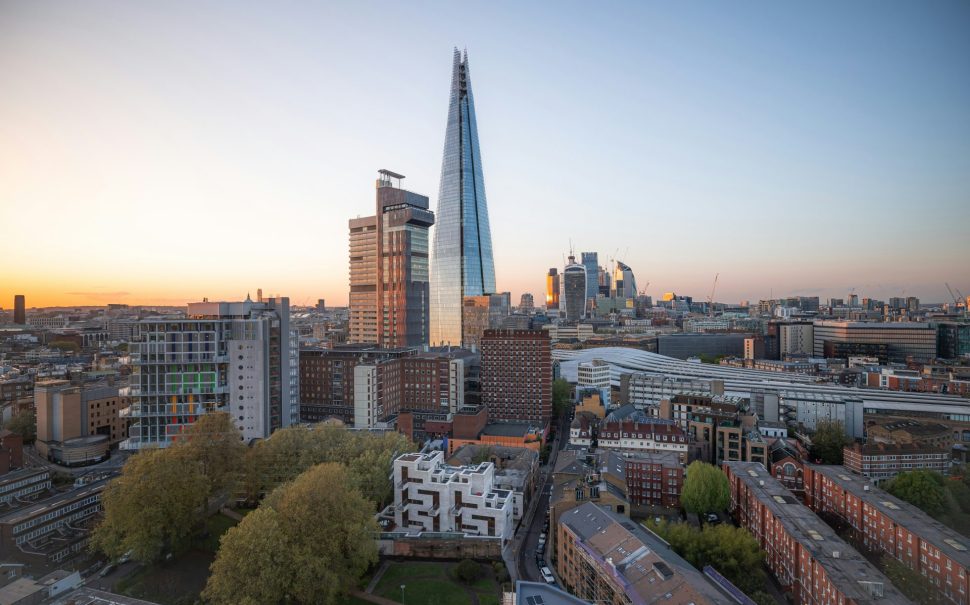
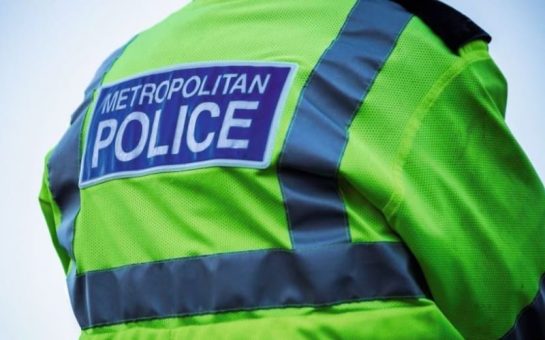
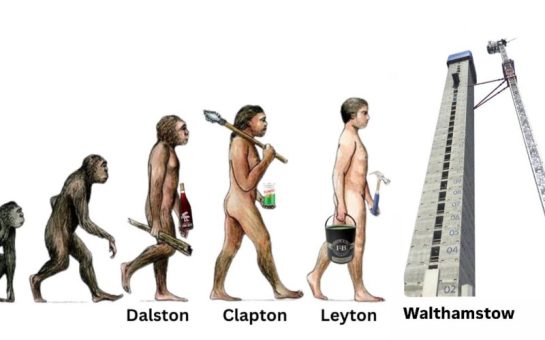
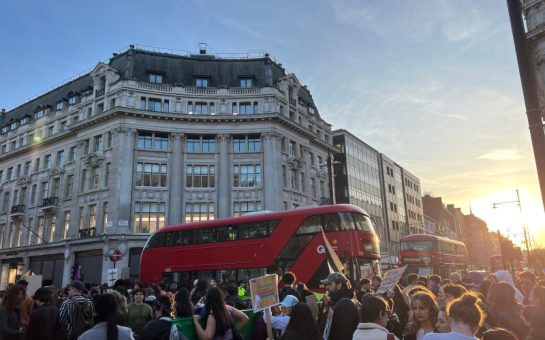
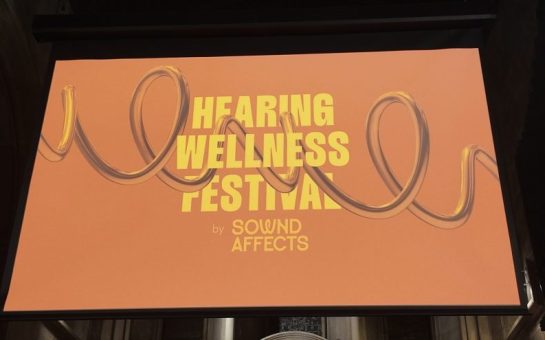
Join the discussion